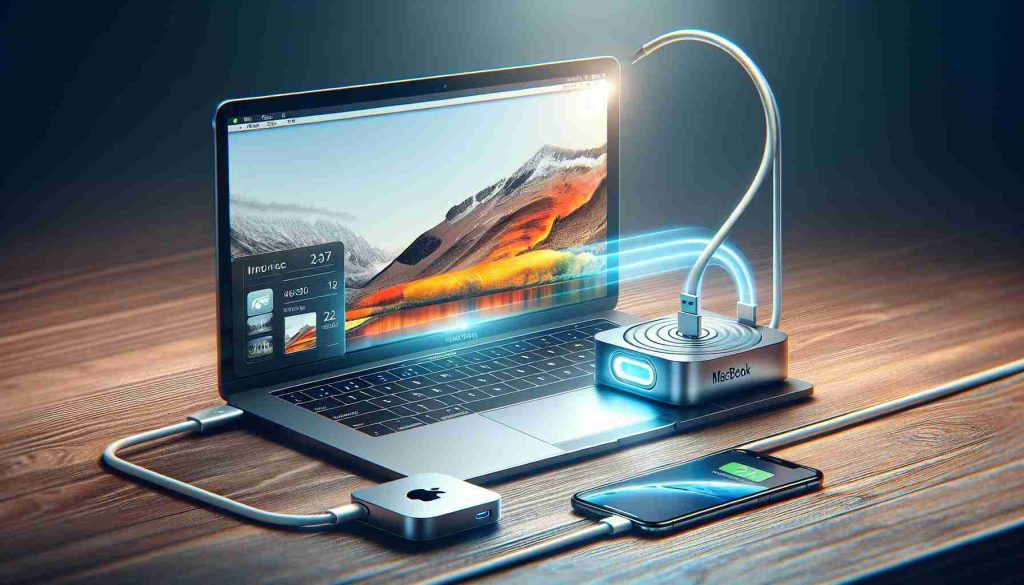In today’s digital age, smartphones are indispensable tools for managing our daily lives. However, many users report that their devices unexpectedly lose battery power and overheat, or are bombarded with annoying pop-ups. These issues may indicate a dire problem: your smartphone could be compromised by hackers.
Cybercriminals often deploy malicious software, or malware, to infiltrate devices, allowing them access to your private data. Such malware can degrade your phone’s performance, track your location and online activities, or even use your data for exploitation or sale.
How does malware invade smartphones? Often, users inadvertently download harmful applications or click on suspicious links received through unsolicited emails or messages. These actions can unwittingly install malware, which then works silently in the background.
Warning signs of a hacked phone include:
1. Sluggish Performance: A significant slowdown when using apps or browsing can hint at malware consuming system resources.
2. Intrusive Pop-Ups: Frequent unwanted advertisements, even when not using your phone, can indicate adware infection.
3. Strange Apps: The presence of unfamiliar apps might signal unauthorized software installations.
4. Spike in Data Usage: Malware often sends your data to third-party servers, increasing data consumption.
5. Overheating: Constant high temperatures can result from malware running background processes.
6. Odd Behavior: Unexplained changes in settings, unexpected app closures, or unknown website redirects point to a compromised device.
Restoring Security: Inform contacts of the breach, remove suspicious apps, run antivirus scans, change your passwords, and restart your device. If issues persist, a factory reset might be necessary.
Stay vigilant against unsolicited messages and regularly update apps and system software to safeguard your smartphone and personal information.
The Hidden Dangers of Mobile Malware: What You Haven’t Heard
In an age where smartphones connect us to the world, their compromised security can have repercussions that ripple far beyond personal inconvenience. Our lives are intertwined with these devices, and a single breach can unsettle entire systems. But what ramifications do these security issues have beyond just the technical glitches that often accompany a hack?
The Broad Reach of Smartphone Compromise
While individual users bear the brunt of these attacks, the implications reach wider audiences. Imagine entire communities where smartphone access is pivotal to everyday functions — shopping, banking, even accessing government services. A surge in smartphone breaches could cripple economic activity and trust in digital systems. Countries heavily reliant on mobile technology for development, like many in regions across Africa and Asia, are particularly vulnerable.
Unknown Facts and Controversies
A little-known fact about some malware is its ability not only to steal information but to turn phones into tools for broader cyber-attacks without the owner’s knowledge. This means that entire networks can be jeopardized because of one compromised device, turning personal security issues into national cybersecurity concerns.
Malware can sometimes implicate devices in massive botnets, used for spamming or creating denial-of-service attacks. This generates major security debates on whether phone manufacturers and software developers should bear more responsibility in safeguarding devices. How much did they know about vulnerabilities before consumers did? Is the onus solely on the user to protect their device?
Advantages and Disadvantages of Modern Digital Dependencies
On one hand, smartphones and the apps we install provide unprecedented convenience, streamlining everything from ordering groceries to scheduling medical appointments. Yet, this convenience is a double-edged sword when security is breached. The very apps that enhance our lifestyles can become entry points for invasive malware.
What Users Can Do Beyond Basics
Beyond the commonly known tactics for malware prevention — not clicking on suspicious links, for instance — users might consider employing a VPN for added privacy when browsing public Wi-Fi, and being meticulous about app permissions. Should you really grant a calculator app access to your contact list?
Risk Versus Reward: Are Smartphones Worth the Trouble?
The question arises: Do the benefits of smartphones outweigh the threat of cyber vulnerabilities? Absolutely. The key is not to shy away from modern technology but to engage with it mindfully. As our devices evolve, so do the protections available. Keeping abreast of the latest updates and security tools is crucial.
For more insights on securing your digital life, visit kaspersky.com or norton.com.
Our prevailing dependence on smartphones mandates responsibility — not just from users, but developers and policymakers too. True digital fluency extends to understanding and preparing for the unseen battles against cyber intrusion.























